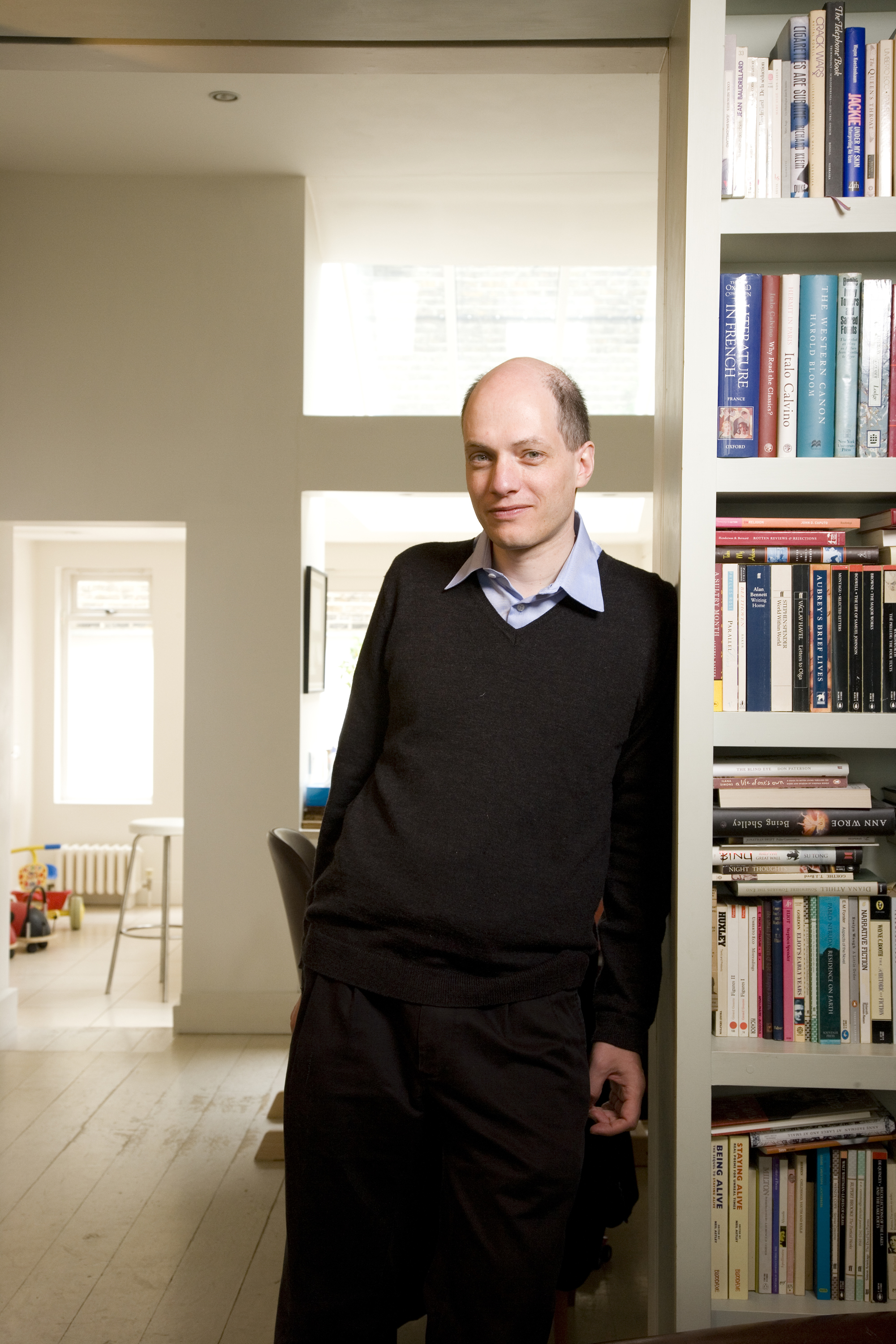When we say that someone has fallen mentally ill, what we are frequently indicating is the loss of long-established reasons to remain alive. And so the task ahead is to make a series of interventions, as imaginative as they are kind, that could - somehow - return the unfortunate sufferer to a feeling of the value of their own survival.
This cannot, of course, ever be a matter of simply telling someone in pain what the answers are or of presenting them with a ready-made checklist of options without any sincere or subtle connections with their own characters. If we are to recover a true taste for life, it can only be on the basis that others have been creative and accommodating enough to learn the particularities of our upsets and reversals and are armed with a sufficiently complicated grasp of how resistant our minds can be to the so-called obvious and convenient solutions.
We can hang on to one essential and cheering thought: that no life, whatever the apparent obstacles, has to be extinguished. There are invariably ways for it to be rendered liveable again; there are always reasons to be found why a person, any person, might go on. What matters is the degree of perseverance, ingenuity and love we can bring to the task of reinvention and remodelling.
Most probably, the reasons why we will feel we can live will look very different after the crisis compared with what they were before. Like water that has been blocked, our ambitions and enthusiasms will need to seek alternative channels down which to flow. We might not be able to put our confidence in our old social circle or occupation, our partner or our way of thinking. We will have to create new stories about who we are and what counts. We may need to forgive ourselves for errors, give up on a need to feel exceptional, surrender worldly ambitions and cease once and for all to imagine that our minds could be as logical or as reliable as we had hoped.
If there is any advantage to going through a mental crisis of the worst kind, it is that - on the other side of it - we will have ended up choosing life rather than merely assuming it to be the unremarkable norm. We, the ones who have crawled back from the darkness, may be disadvantaged in a hundred ways, but at least we will have had to find, rather than assumed or inherited, reasons why we are still here. Every day we continue will be a day earned back from death and our satisfactions will be all the more intense and our gratitude more profound for having been consciously arrived at.
Alain de Botton is the author of A Therapeutic Journey: Lessons from the School of Life

